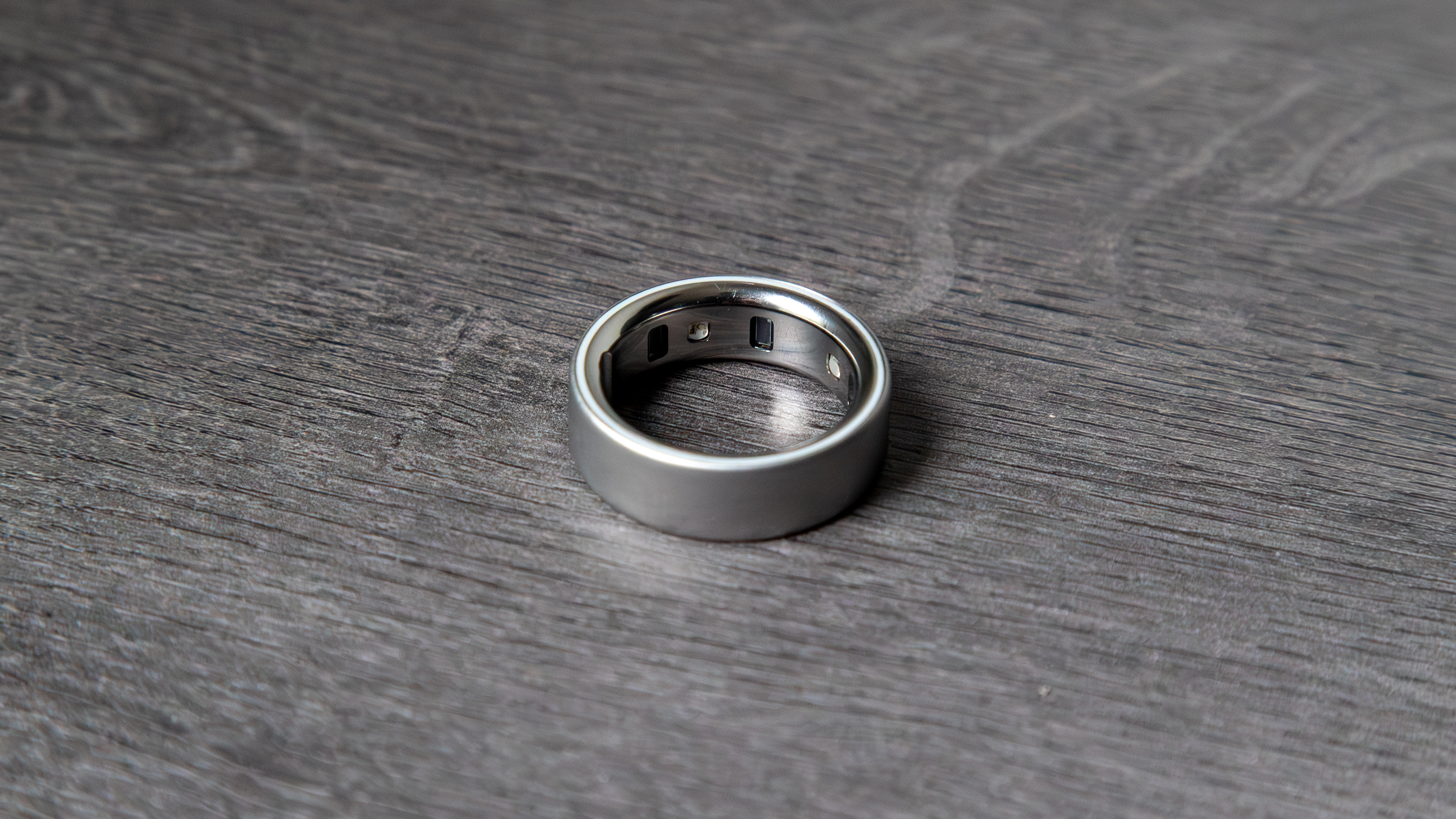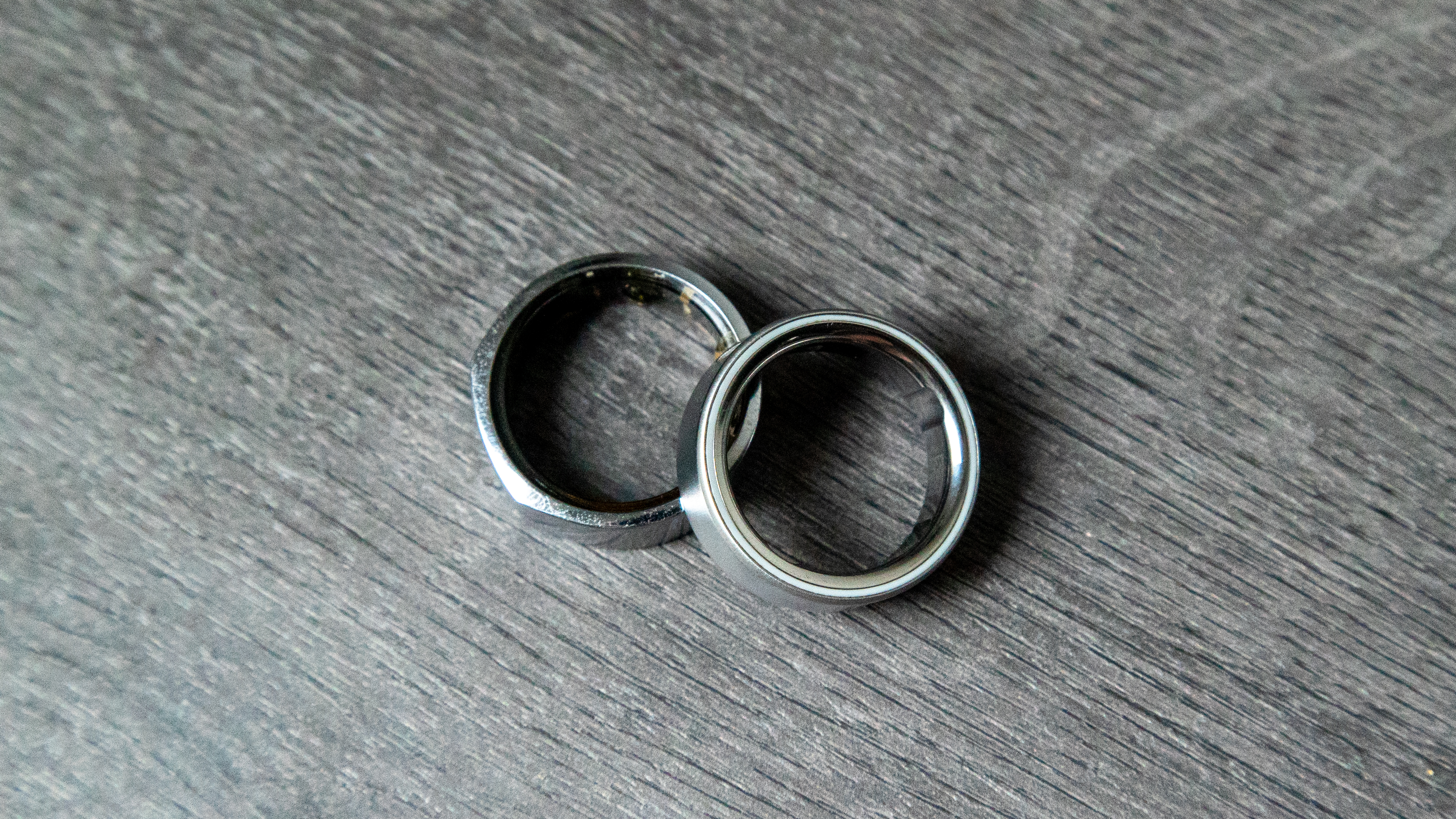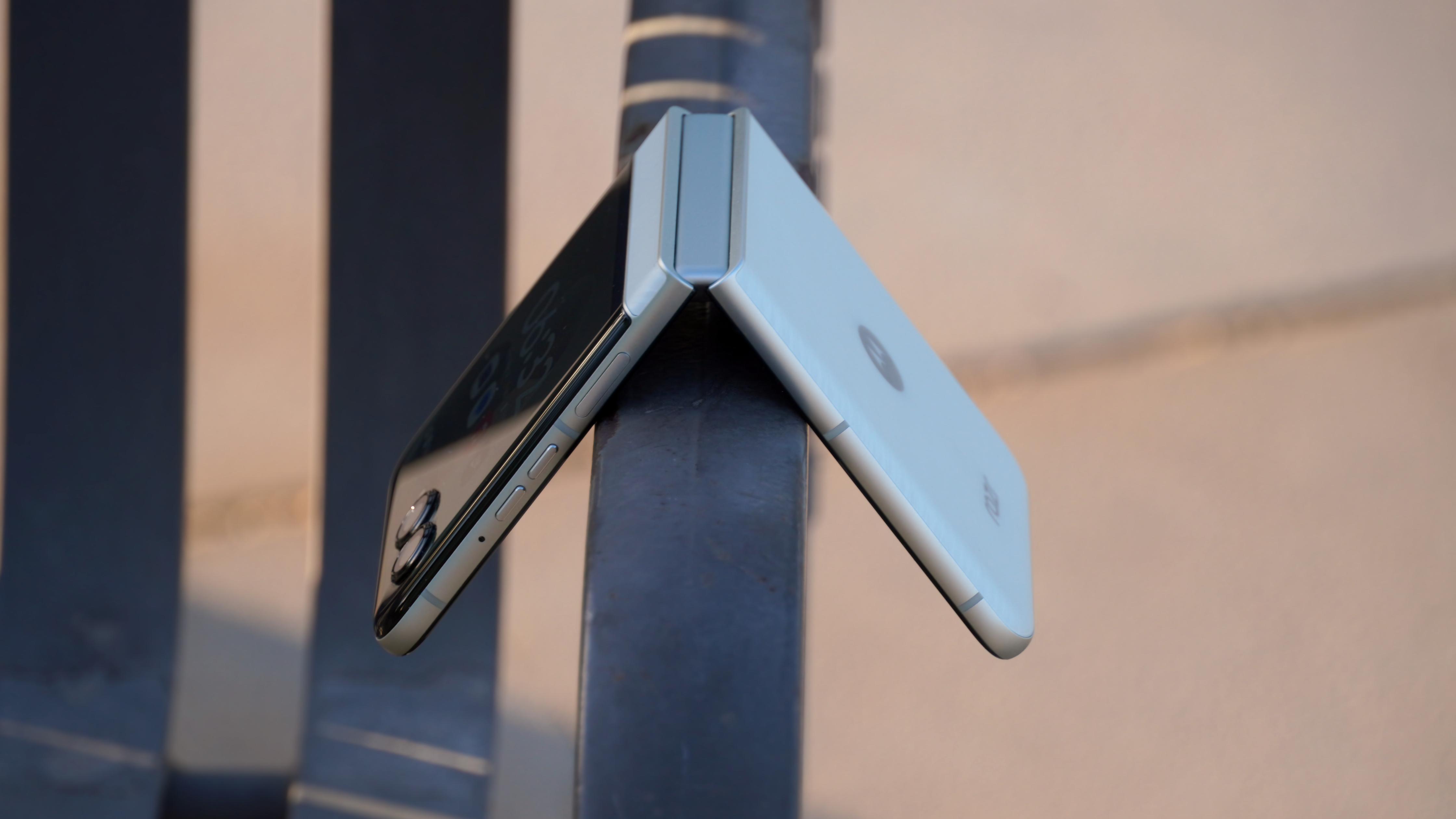Ultrahuman vs. Oura: The smart ring showdown with no clear winner
Following the ITC, the Delhi High Court delivered its ruling over the patent dispute.

Update[9/3 10 am ET]: Ultrahuman reached out to Android Central to confirm that they will be refiling a fresh lawsuit in New Delhi, India, following a "procedural dismissal."
What you need to know
- The Delhi High Court in India has delivered its verdict, dismissing the court case Ultrahuman leveraged against Oura over its patent dispute.
- This is where the situation progressed to after the ITC gave its ruling in August, which blocked Ultrahuman's devices and components from the U.S. market.
- Originally, Ultrahuman sought out Oura for this lawsuit over the latter's features mirroring its own a little too closely.
- Now, Ultrahuman states that the case's dismissal was due to procedural reasons and that it will soon refile a fresh lawsuit.
The ongoing court case between smart ring pioneer Oura and Indian competitor Ultrahuman moved forward on Monday in New Delhi, and both companies are calling the ruling a victory.
For its part, Ultrahuman says it did not lose; the company was merely invited to refile due to a procedural issue.
"The Delhi High Court has asked us to refile our complaint because of a procedural clarification," a spokesman for the company told Android Central today (Sept. 3).
"This case was filed to defend Ultrahuman’s intellectual property in India. In our complaint, we included the facts on the ongoing ITC case. However, the Court has asked us to include further details and clarifications," they added.
That said, Oura has also claimed victory in the case. It contacted Android Central on Tuesday (Sept.2) regarding the ongoing case over patent claims. Oura informed us that Ultrahuman's lawsuit against them "has been dismissed" by the Delhi High Court in India. "Ultrahuman’s non-disclosure of the US ITC’s initial and final determinations, which were material to its complaint, was found to be willful and deliberate by the Delhi High Court," Oura added.
Oura adds, "Ultrahuman’s non-disclosure of the US ITC’s initial and final determinations, which were material to its complaint, was found to be willful and deliberate by the Delhi High Court."
Get the latest news from Android Central, your trusted companion in the world of Android
The Smart Ring Rivalry

On August 22, word broke that Ultrahuman had filed a lawsuit against Oura, accusing the brand's Ring 4 of "ripping off" its patented smart ring technology. The suit was placed within the Delhi High Court in India. Ultrahuman argued that its competitor, Oura, was riding a little too close for comfort with its smart ring features, like "women’s health tracking, glucose monitoring, and non-paywalled data features without permission."
At the time, an Ultrahuman spokesperson said the company has "no choice but to defend its innovation." Aside from the "sleep, recovery, and circadian health" insights mentioned, Ultrahuman said there was another sharp divide between both brands: the use of paywalled and non-paywalled content.
The lawsuit brought to the Delhi High Court was Ultrahuman seeking to "defend" a specific patent and keep itself at the forefront of open health data. However, concerning Oura's paywalled content, it said locking "them behind a paywall is anti-innovation and anti-consumer."

Nickolas is always excited about tech and getting his hands on it. Writing for him can vary from delivering the latest tech story to scribbling in his journal. When Nickolas isn't hitting a story, he's often grinding away at a game or chilling with a book in his hand.
You must confirm your public display name before commenting
Please logout and then login again, you will then be prompted to enter your display name.
